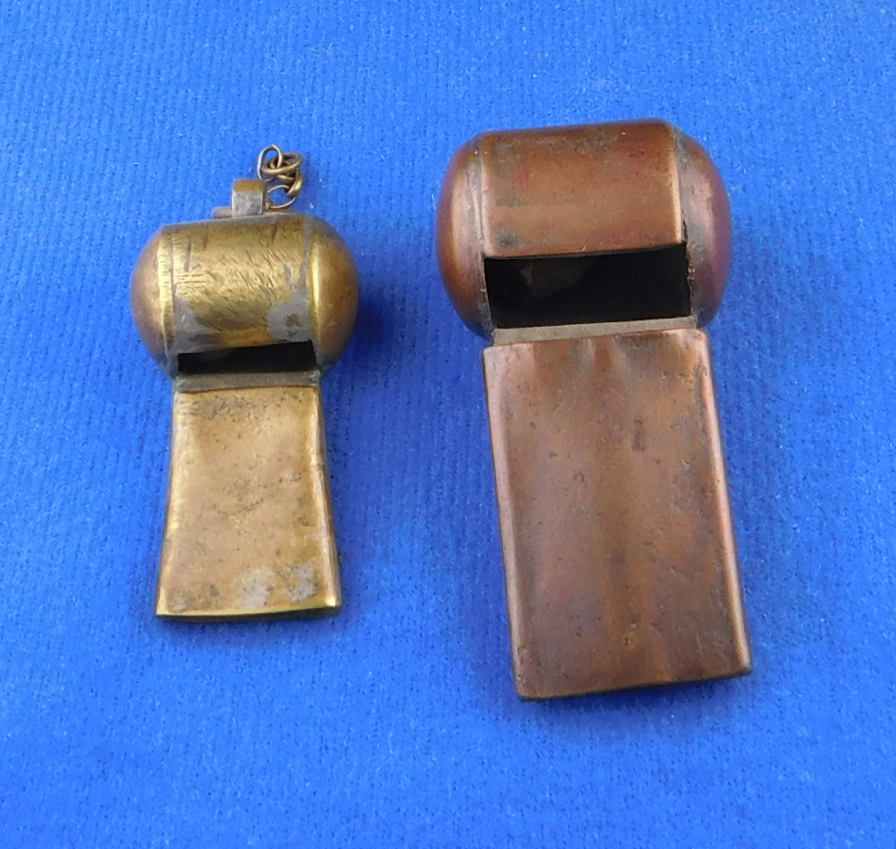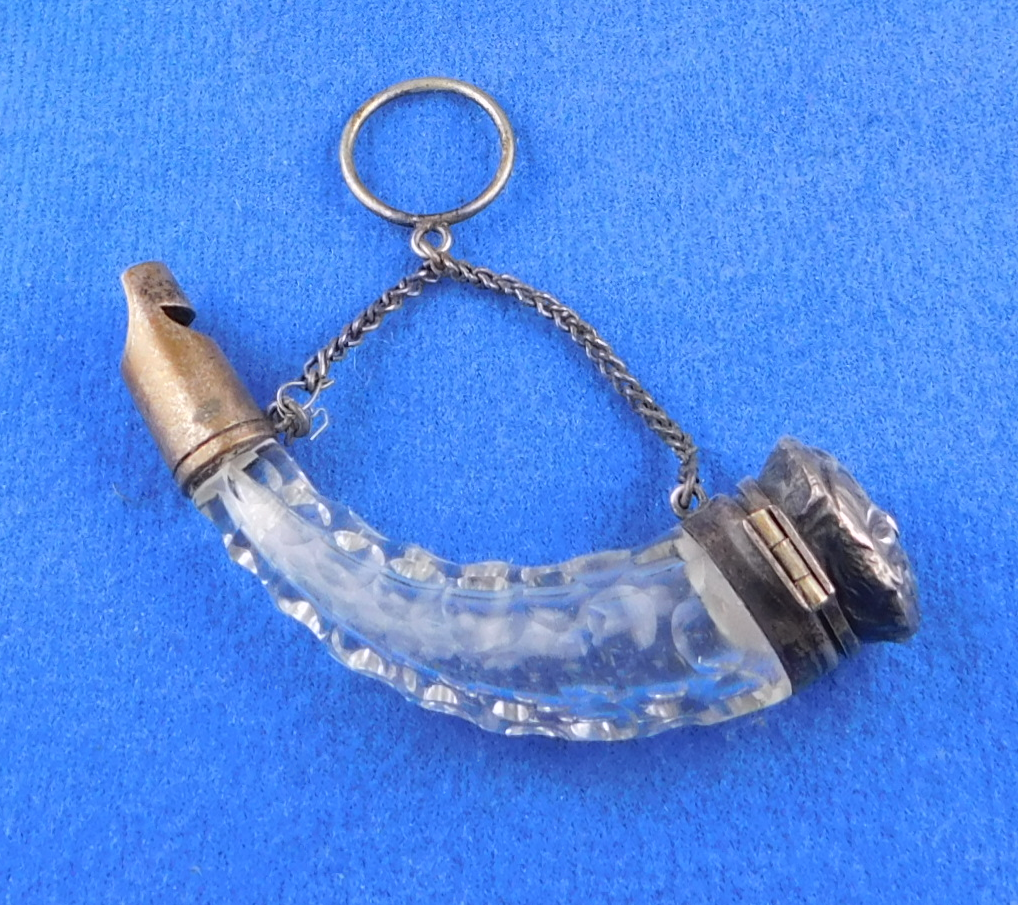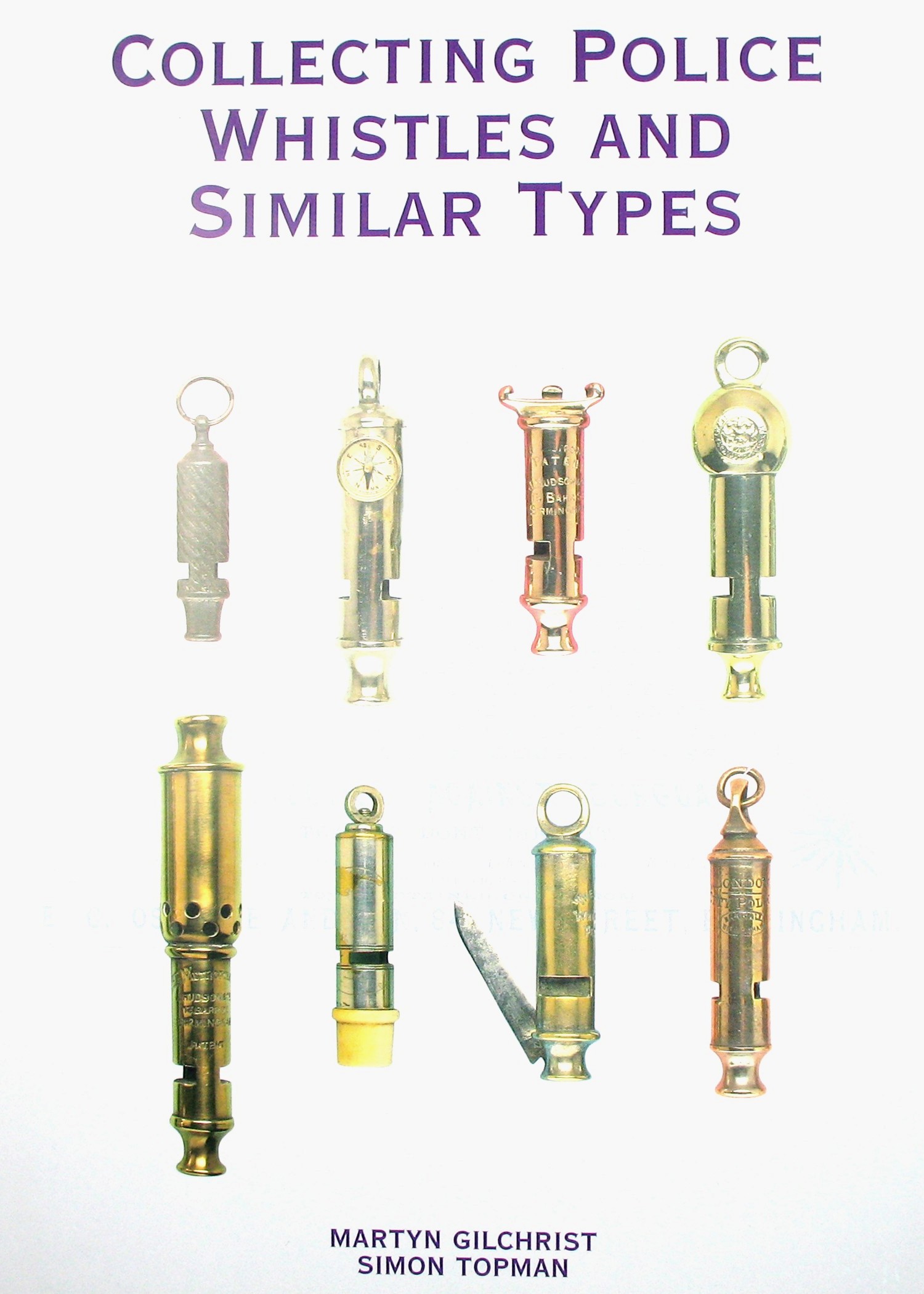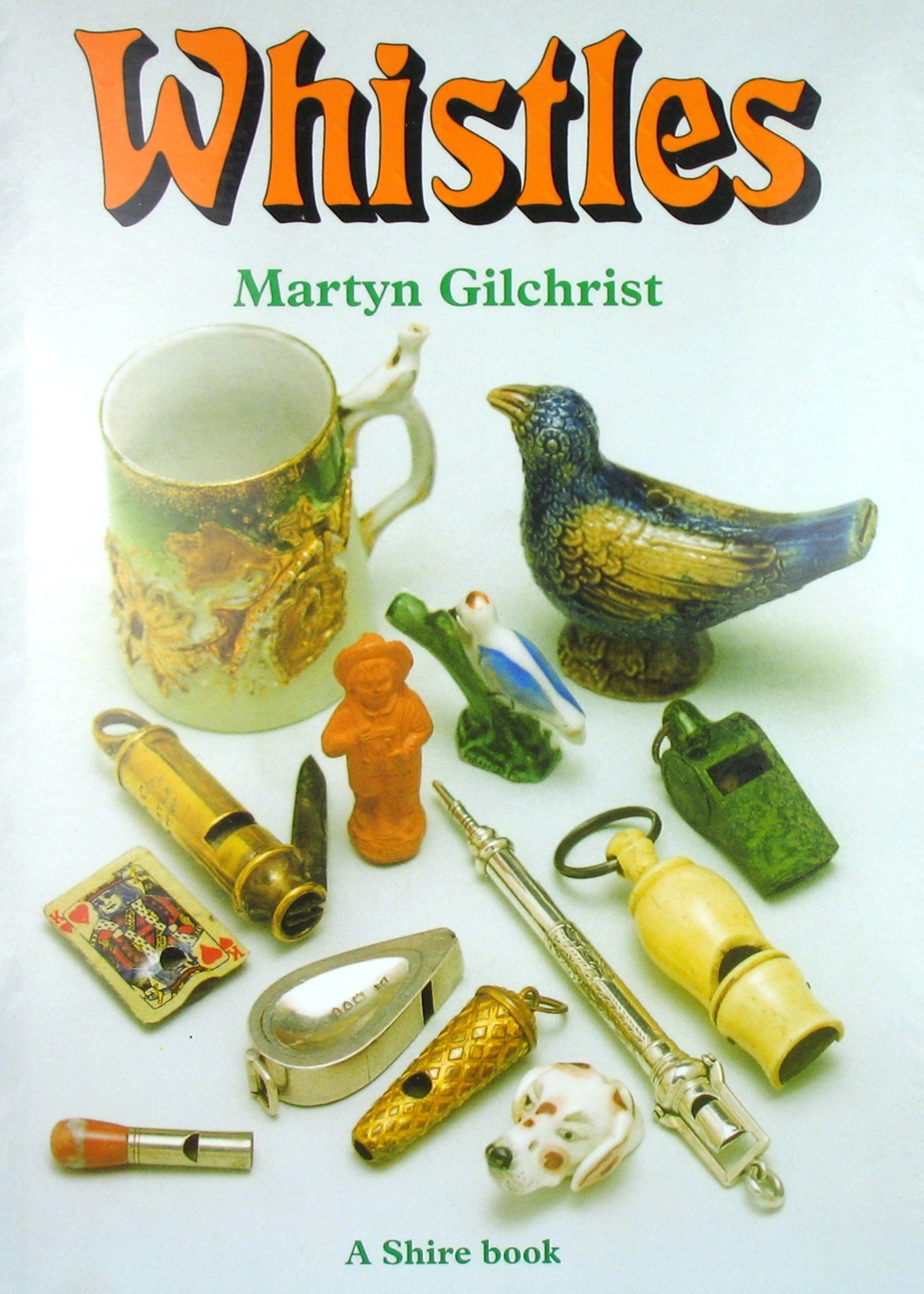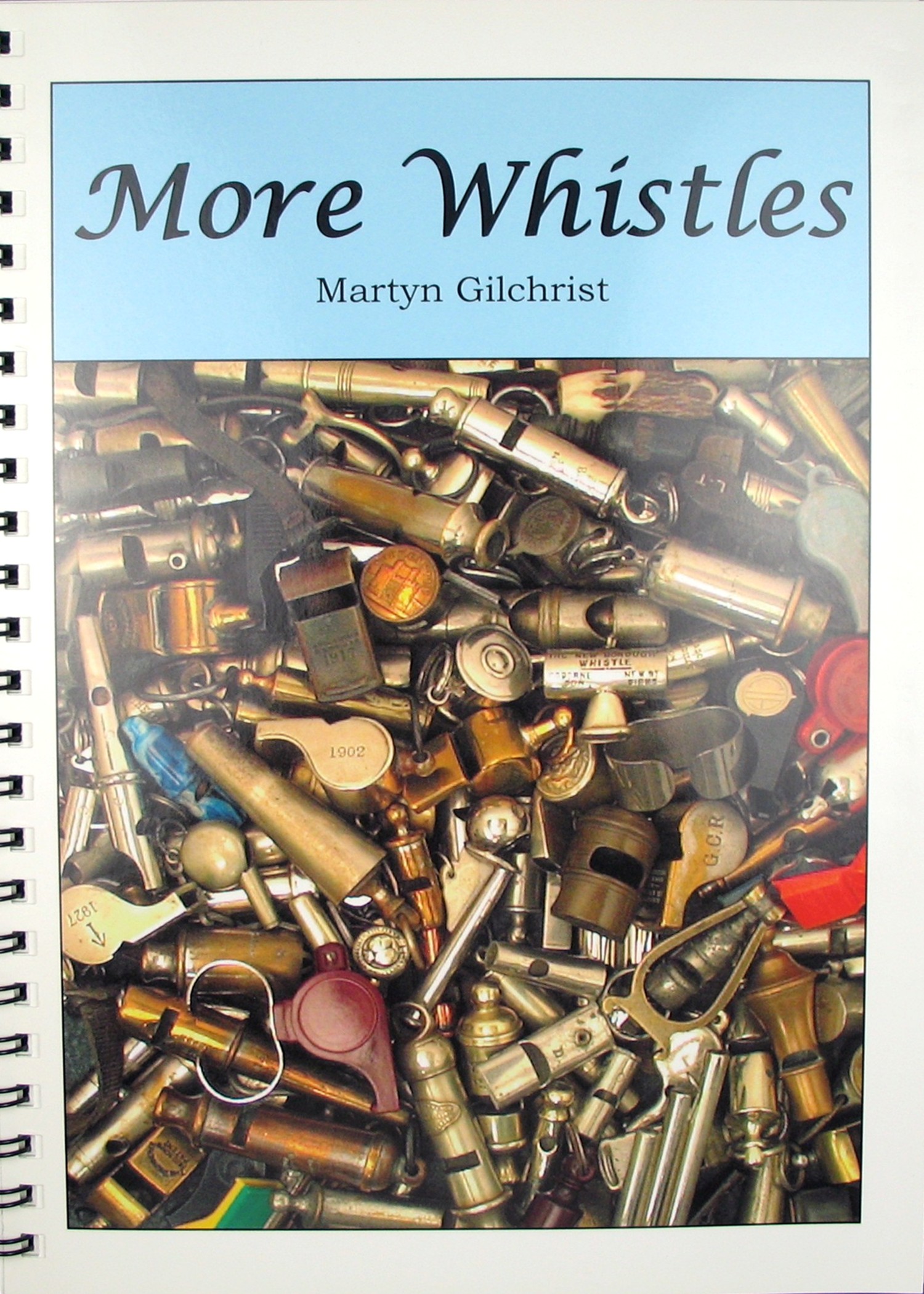Whistory
Speaking tube whistles have been around for a couple hundred years ( circa 1850 ? ). However, when whistles began to be inserted into them specifically for alerting or calling ones to the tubes to talk has remained obscure.
Furthermore, we find that whistles used as such fall into two categories, heavy weight and light weight. True there are wooden, horn and moulded made speaking tube whistles, but we are focusing on metal ones.
Speaking tube whistles are not strangers to whistledom. However, they are mostly seen as thin walled, light weight whistles sized from small to large sizes (especially used on ocean going vessels) and simply used in many applications prior to actual phone communications found in cars, trains, offices, houses, industrial settings and more.
Heavy Speaking Tube Whistles, An Elusive Collection
On the other hand, heavy speaking tube whistles have been elusive to unearth information on. To categorize and research their histories has led to this first concentrated study of them. The 1935 Hudson catalog features both kinds, heavy and light weight. The heavy weight whistles are matched up with heavy receptacles ( AKA mouthpieces ) that are described as having threaded gas connections of male and female. It could be that rigid pipe was used in these applications and the speaking tube mouthpieces and whistles had to match. Therefore we can conclude that the mouthpieces were always marketed with fitted whistles.
It has been surprising how variable they are. Many have attachment points for chains to keep them from falling away from their tubes. All heavy whistles that have been found are of brass and range from 2 ½ inches to 4 plus inches. Some were manufactured in two pieces that were screwed together. Some were fitted with small indicator flaps that opened when air was blown through.
Many question arise, such as:
Why were such heavy whistles used instead of lighter ones?
Why was there such a variety?
Was there specifics that called for such variety or entirely by aesthetics?
Because so little has been found we thought it best to record as many pictures as possible from the TWG reference collection and from top collectors around the world. Additions will be added as they surface or are sent in.
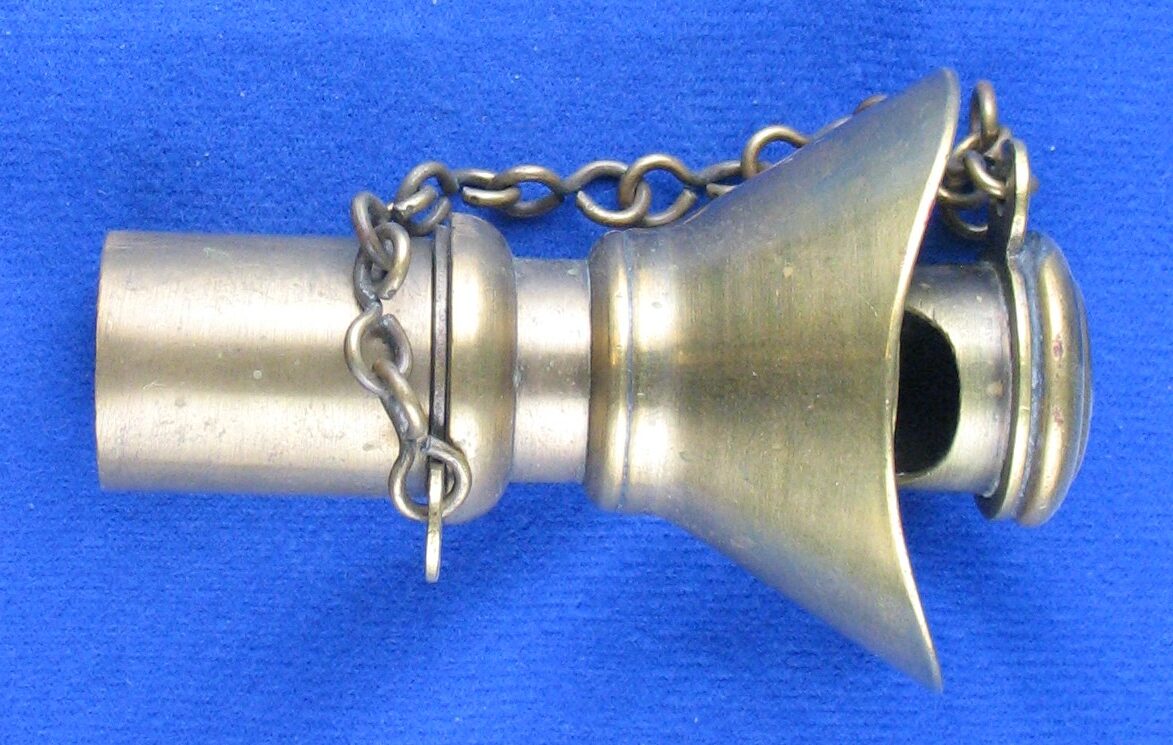
Whistle Classification
| Category | heavy speaking tube |
| Order | unknown various makers |
| Type | nautical vessels? offices? industrial |
| Class | brass |
| Sub class |
Whistle Archeology
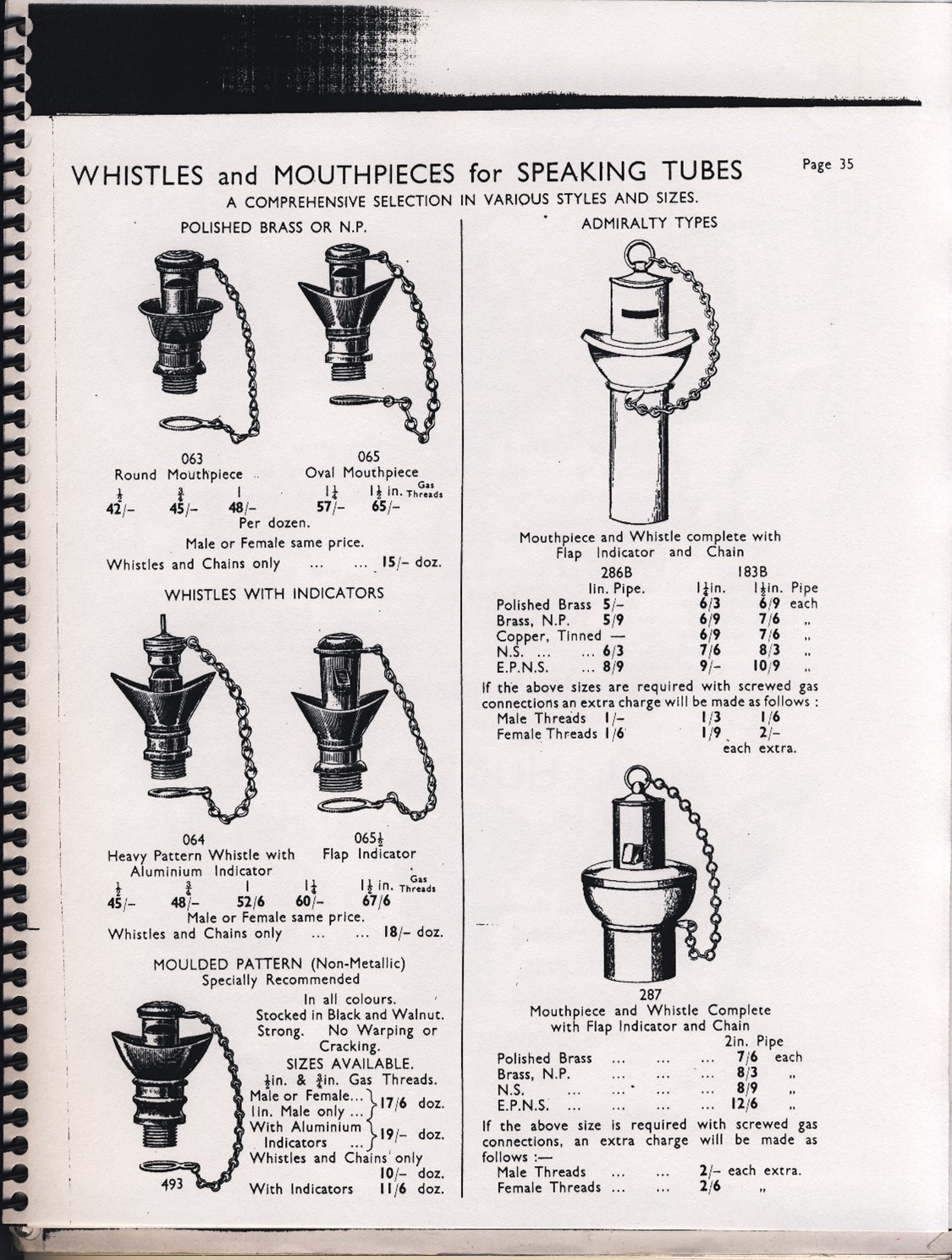
page 35 from the Hudson 1935 catalog featuring heavy speaking tube whistles with matching mouthpieces – note screwed ‘gas fitting’ connections.
Typical light weight speaking tube whistle and tube opening to speak into attaching to the tube.
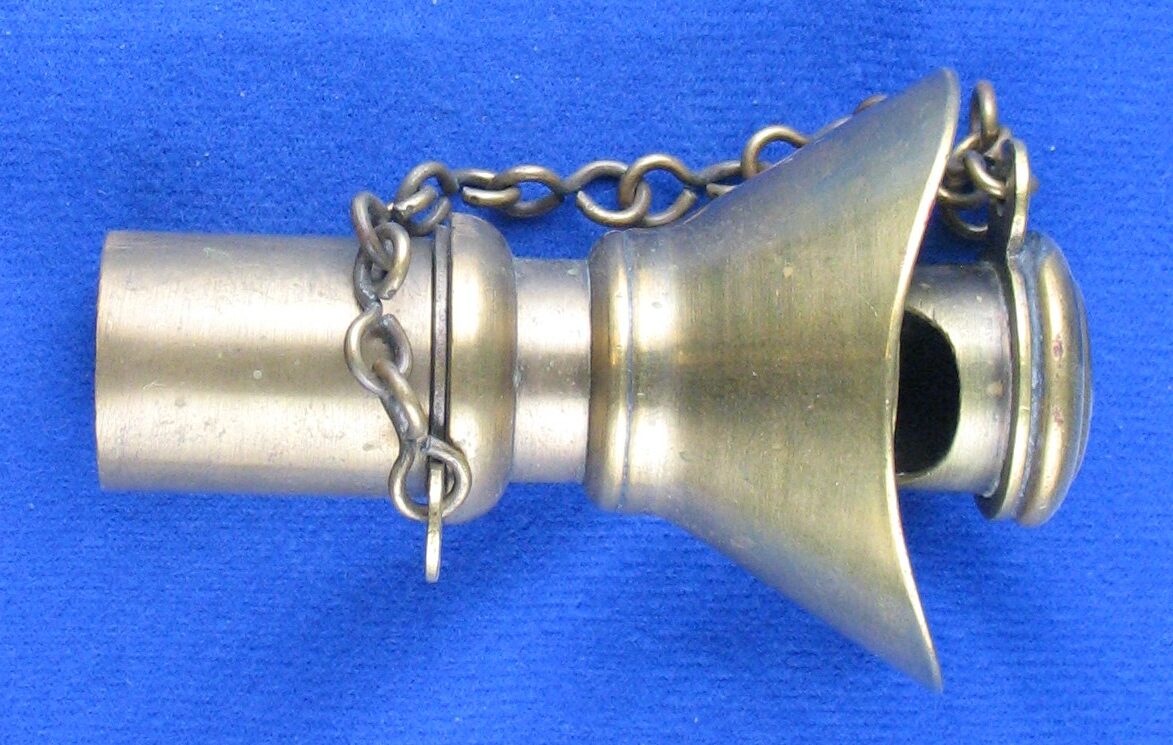
Whistology
The following will be a march through whistles in the reference collection ( signature blue background )
Then further examples from collections, with credits.
Each has a length and weight.
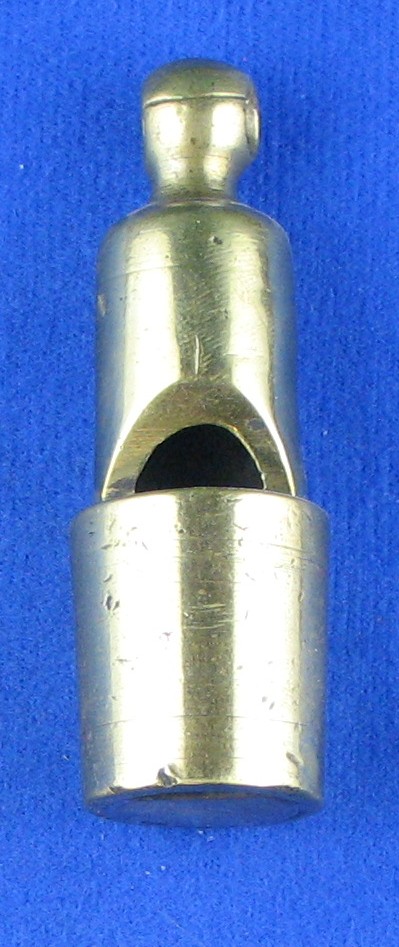 | 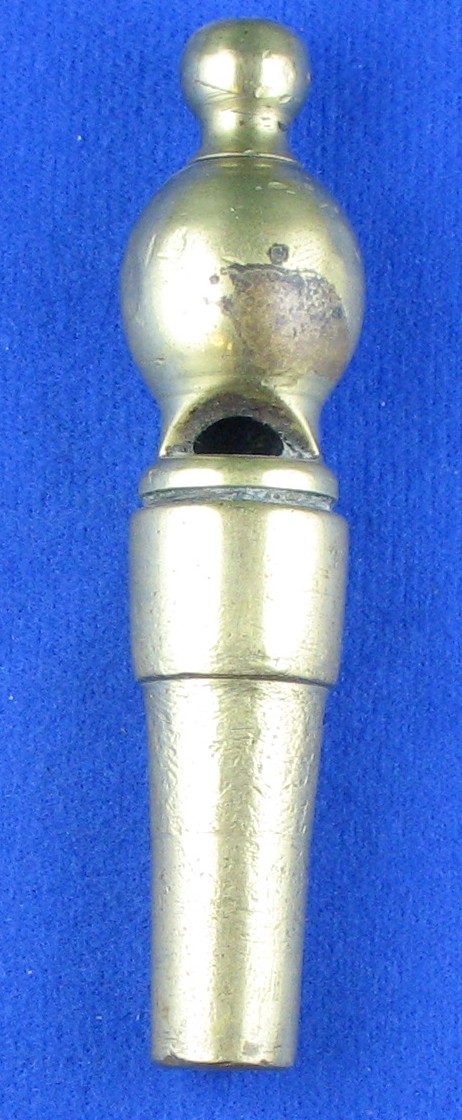 | 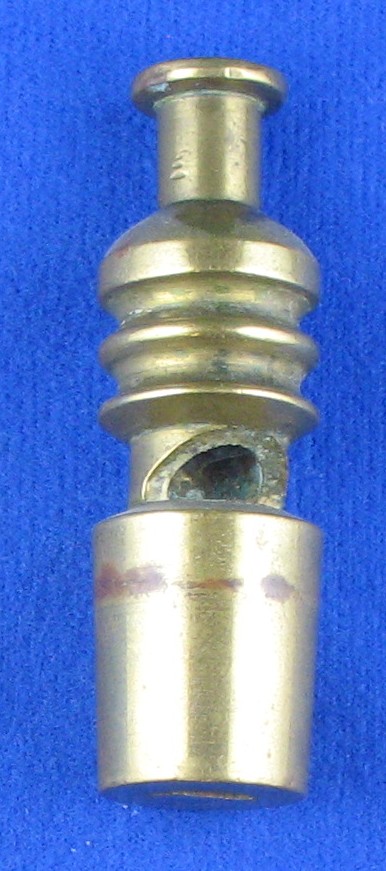 |
| 153g – 73mm | 136g – 100mm | 134g – 70mm |
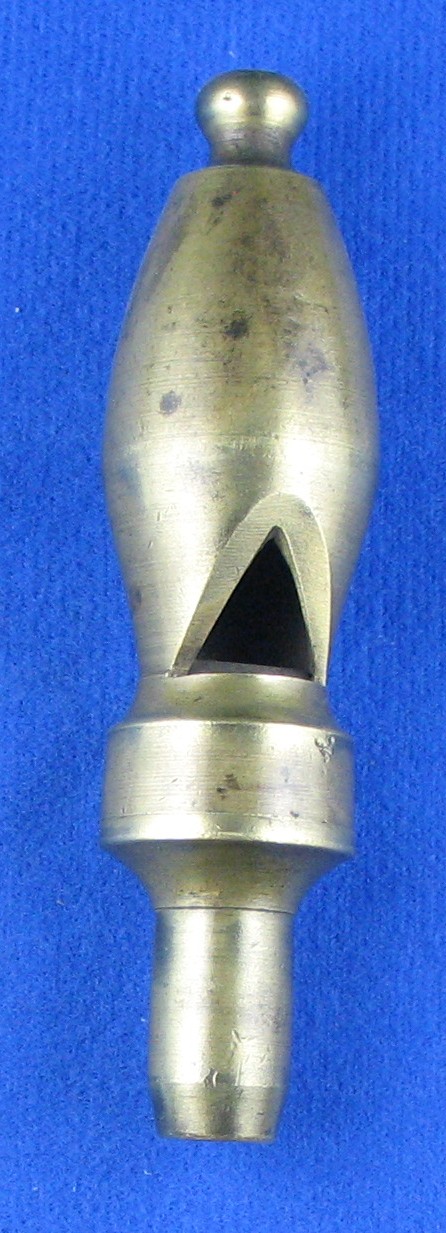 | 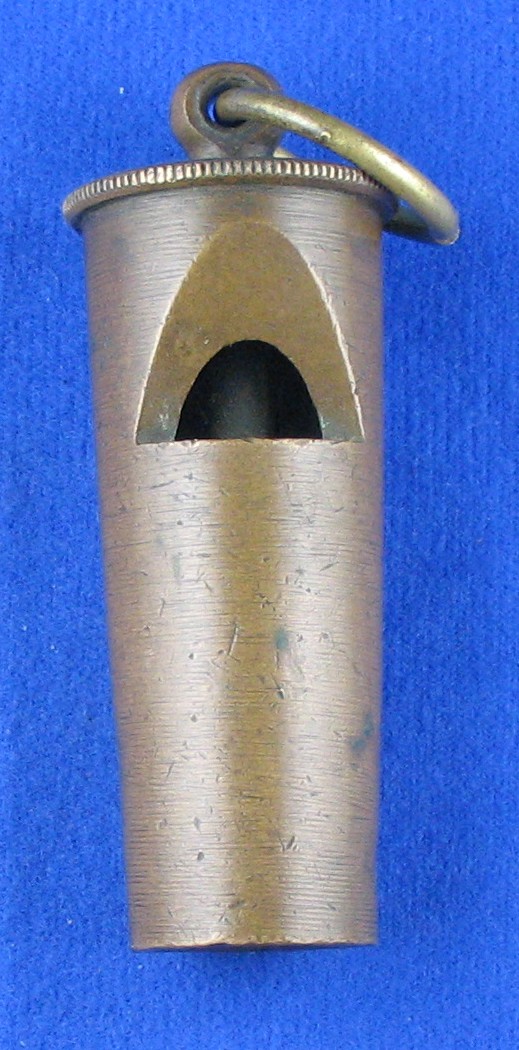 | 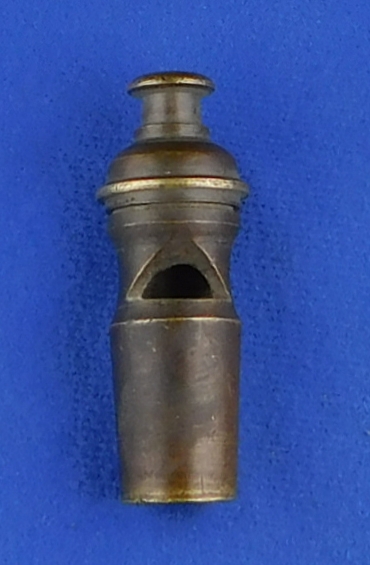 |
| 113g – 102mm | two-piece 165g – 83mm | 83g – 65mm |
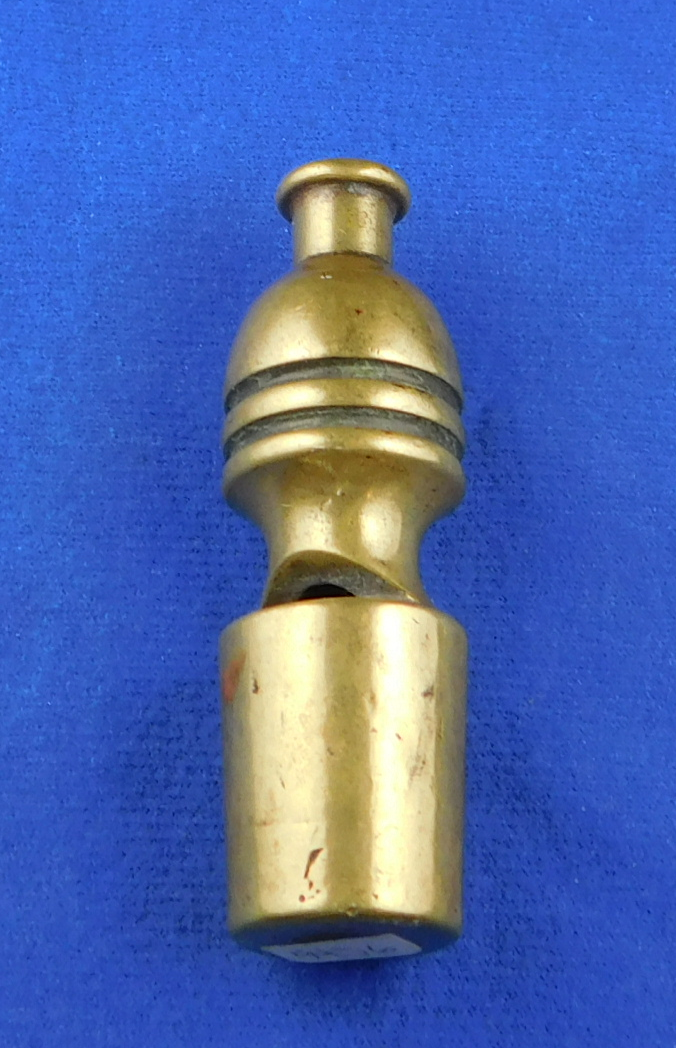 | 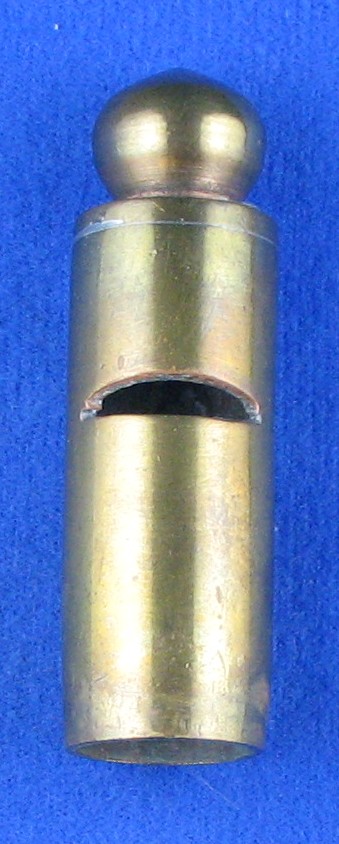 | 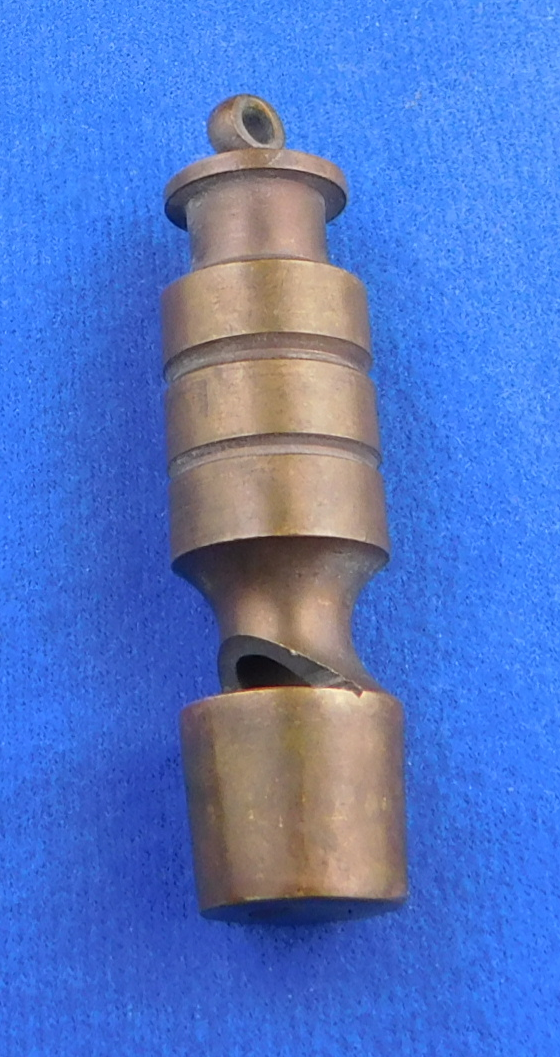 |
| 163g – 75mm | 52g – 66mm | 103g – 72mm |
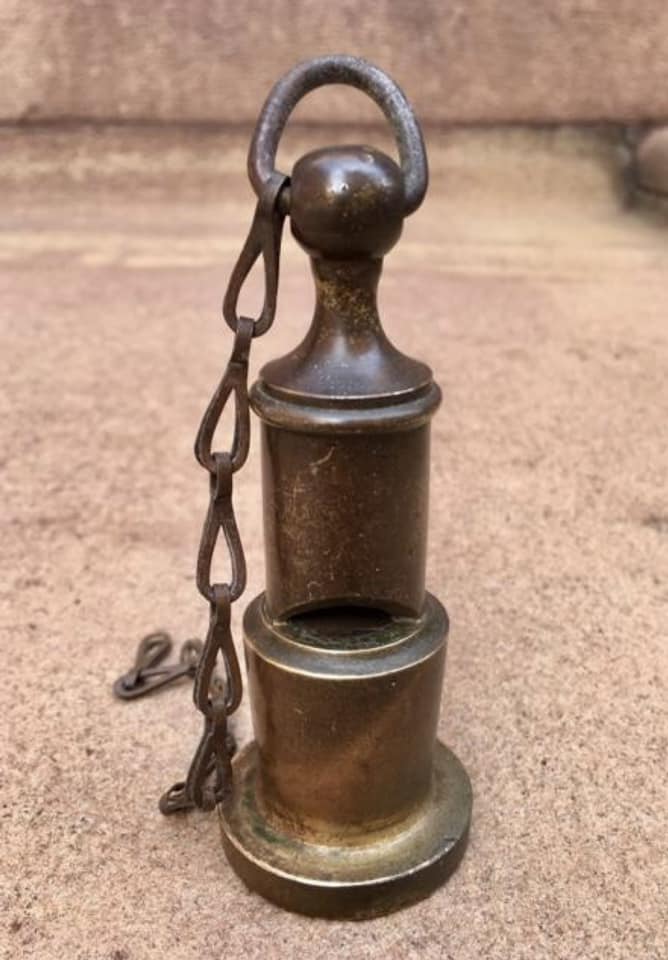 | 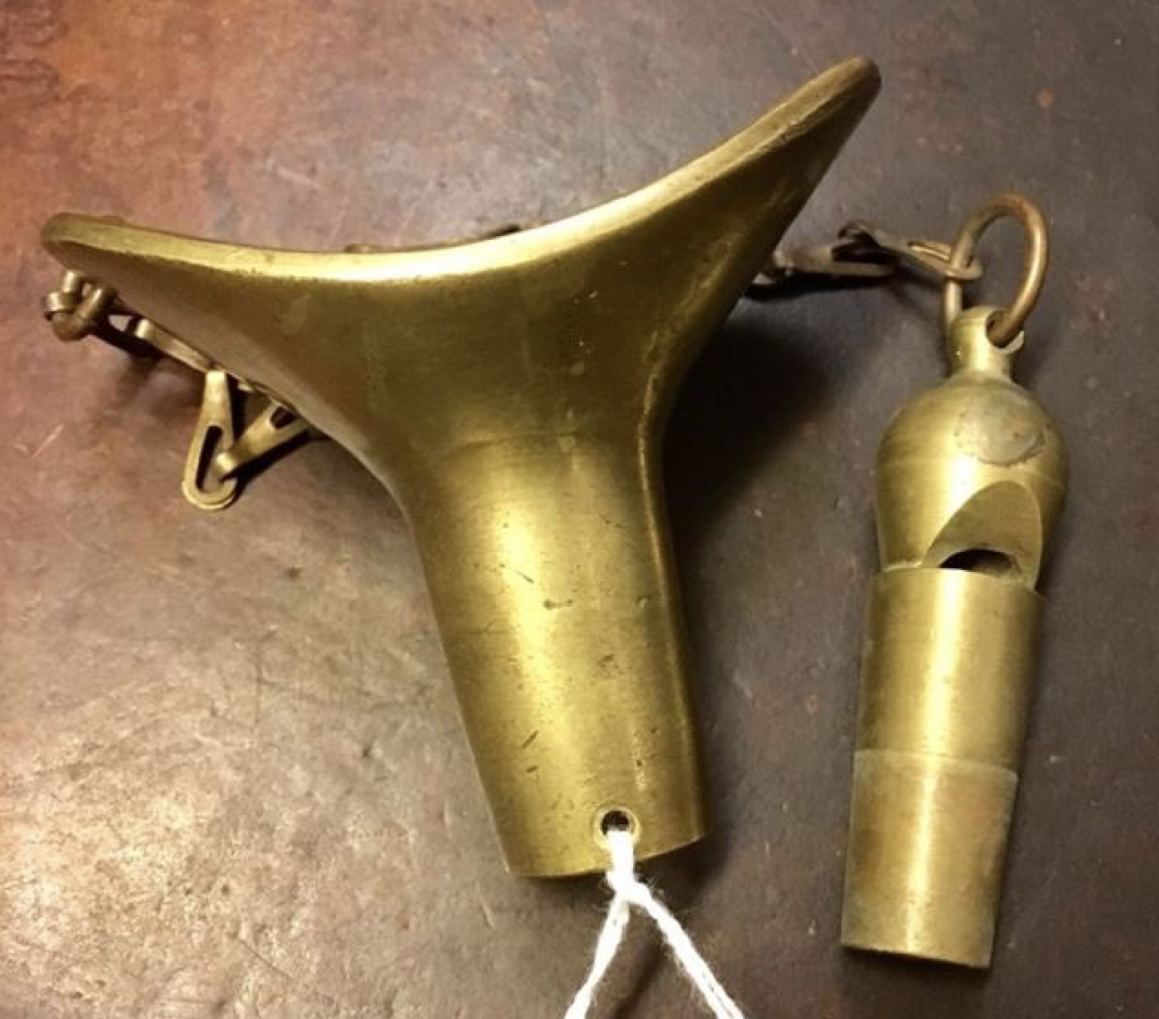 |
| Fitch collection 261g – 108mm | Fitch collection |
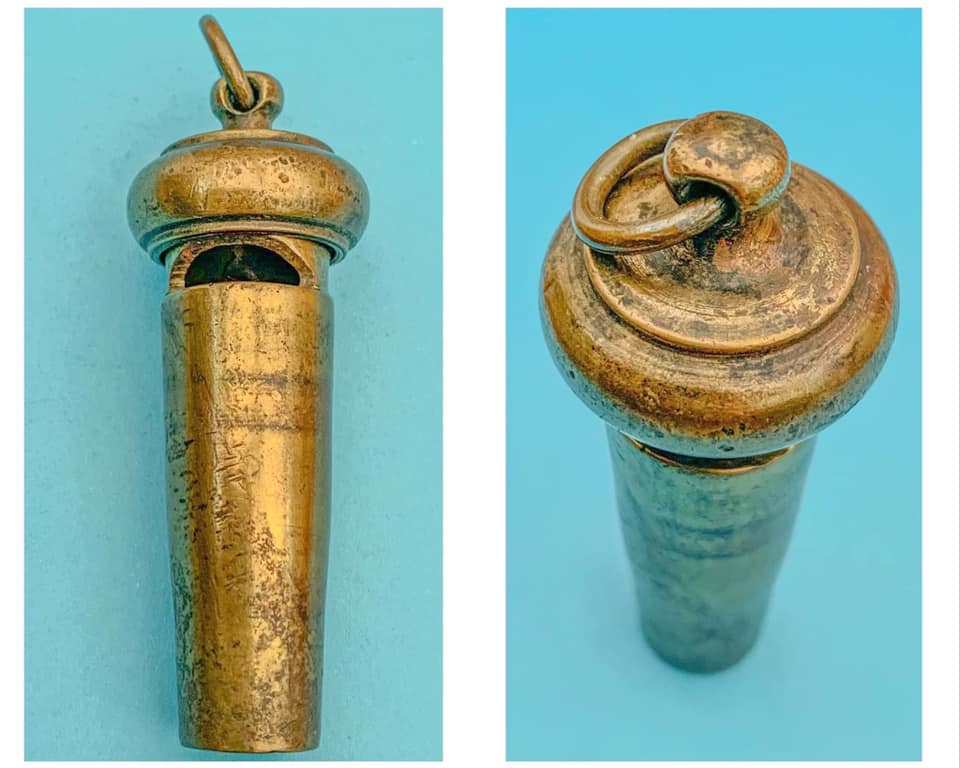
Owen collection 87g – 75mm
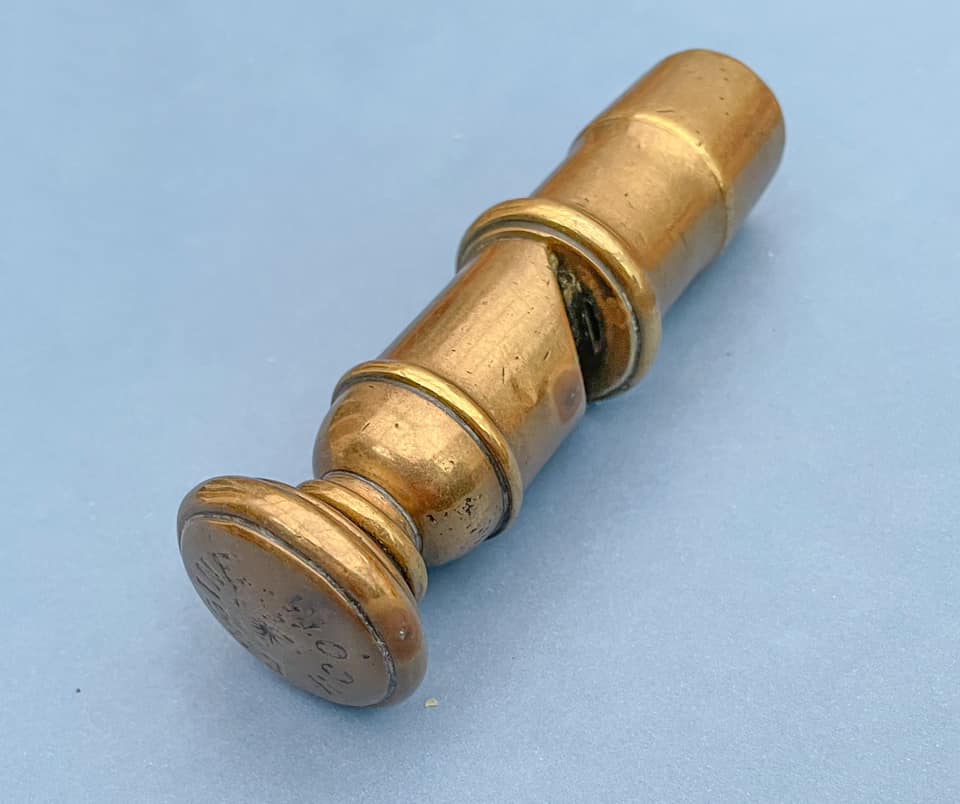
Owen collection 334g – 110 mm
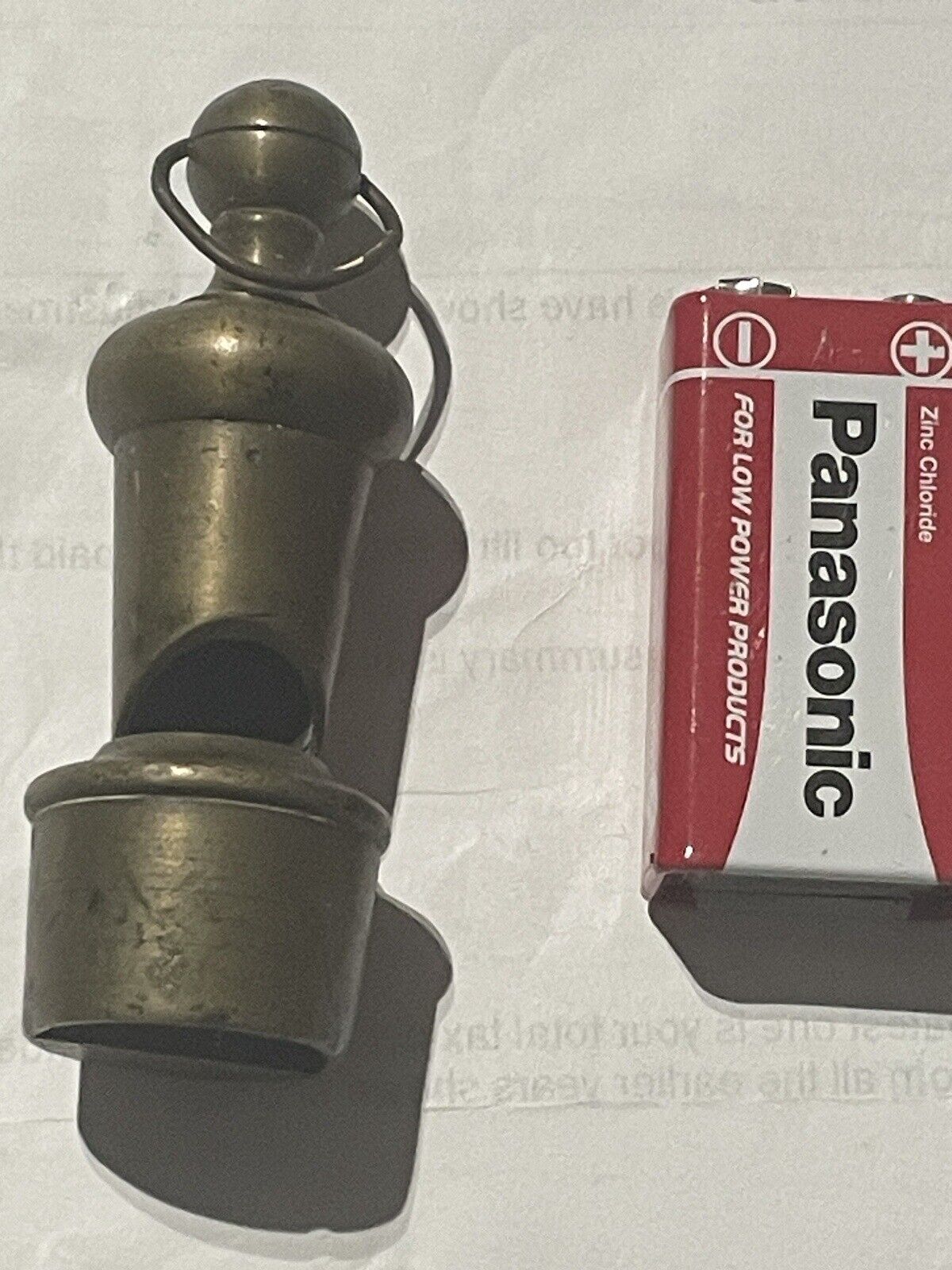
( Photo credit pending )
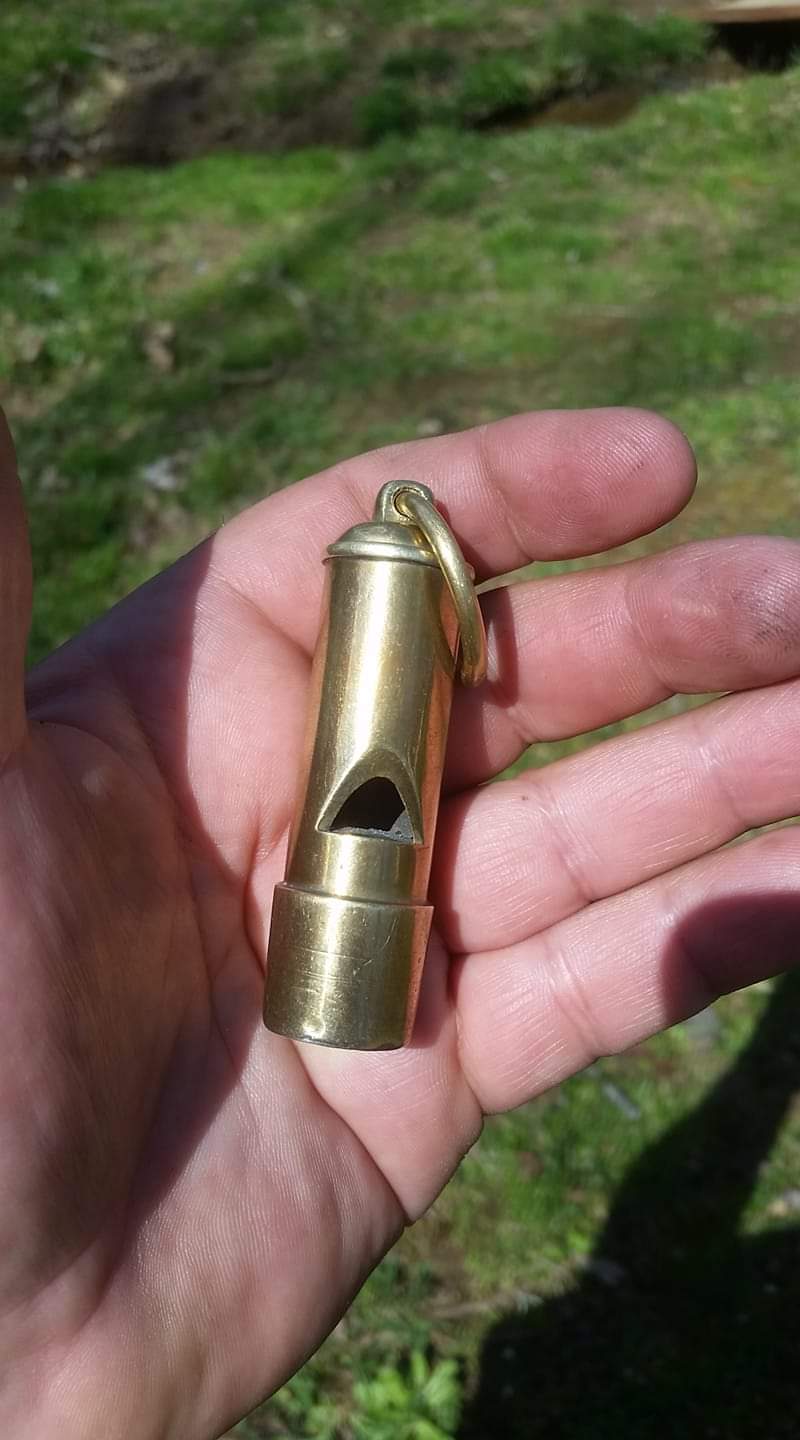
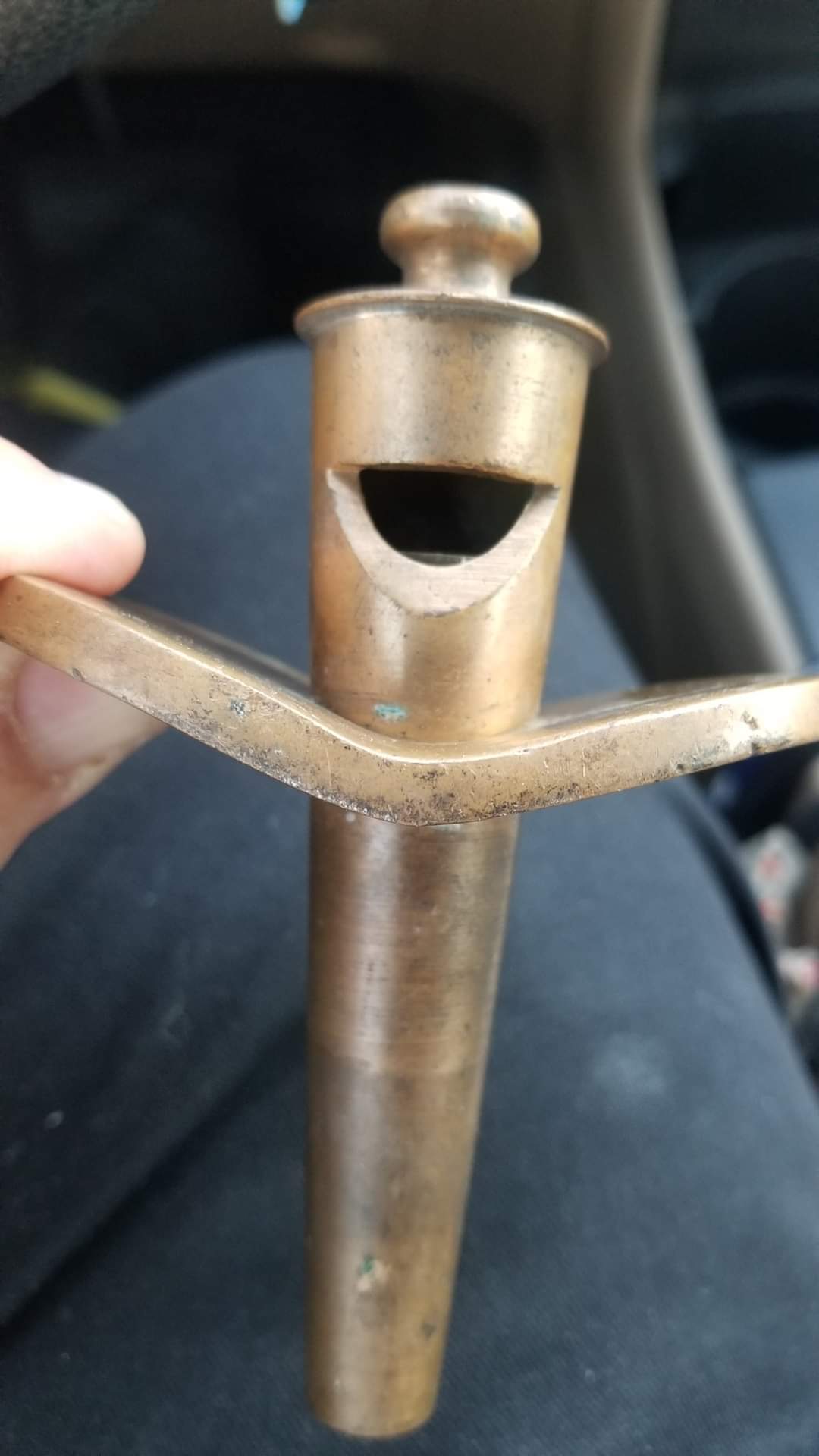
J. Guttridge Collection
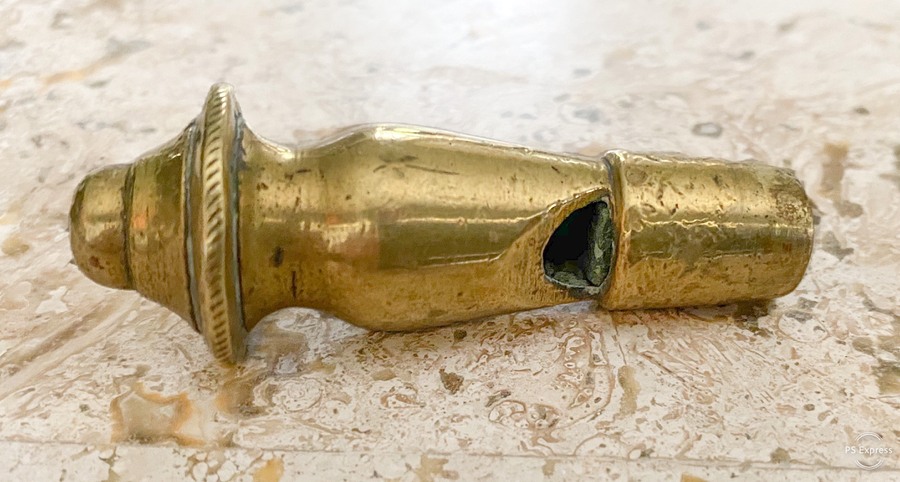
Busch Collection 61mm – 62g
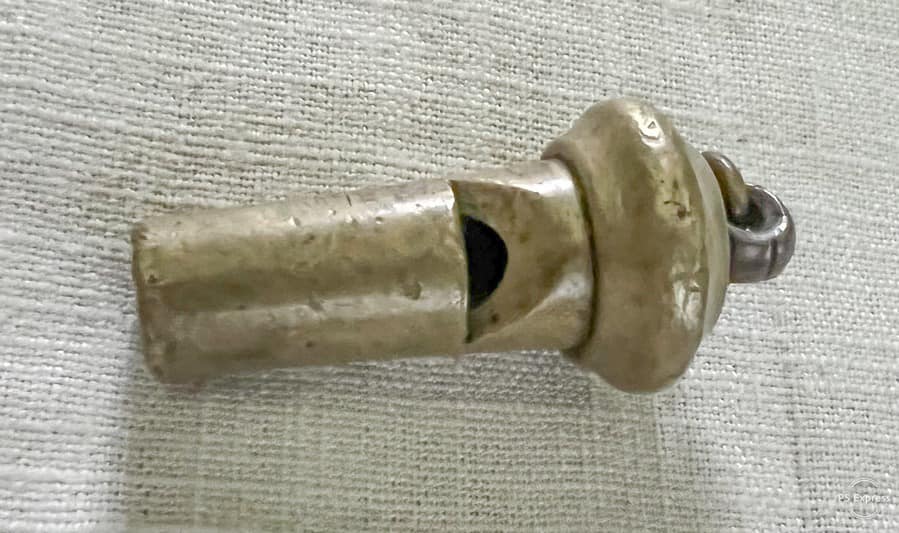
Busch Collection 64mm – 101g
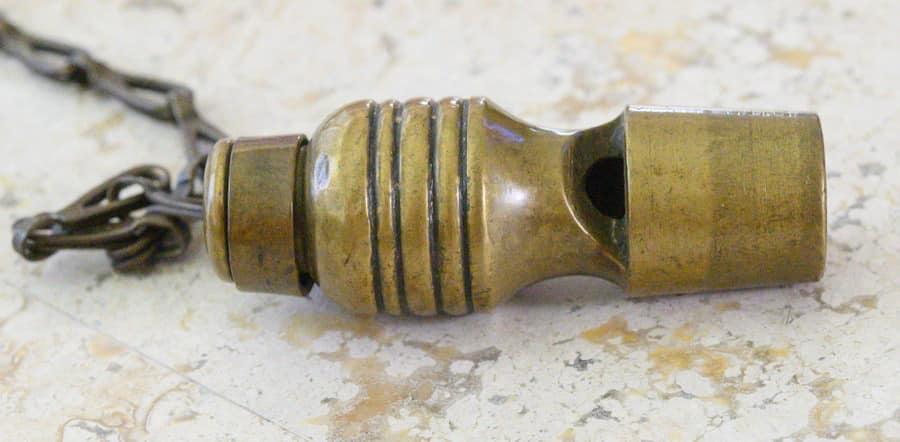
Busch Collection 67mm – 116g
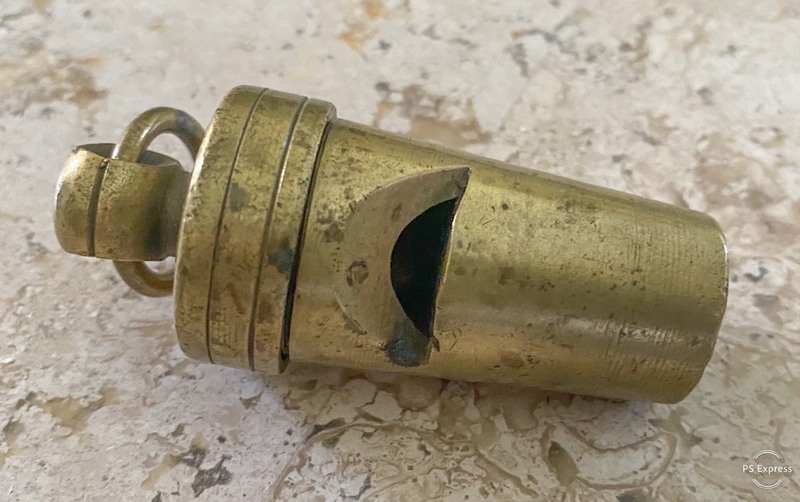
Busch Collection 74mm – 155g
Conclusions:
Although speaking tube whistles may be a stretch or askew for whistle collectors, there is a fascination with their heavy, almost bulky approach. In the TWG reference collection, all but one can be hand blown.
Whether a compressor was needed is unknown which led to their extra heavy nature. Certainly, the heavier piping used as tubes lent to this design.
The variety is markedly surprising and perhaps falls into the same capricious nature of whistles in general and of course this would be so if whistle makers were suppliers/marketers. The variety exceeds by far the merely functionary heavy models and to date very little is known how they were merchandised and by whom.
Whistle collectors have focused on the whistles mainly and little effort is kept for the mouthpieces.
TWG
First Printing October 28, 2023
Edited September 9, 2024
Posted September 29, 2024
Bibliography
The Whistle Gallery Reference Collection
Fitch Collection
Owens Collection
Guttridge Collection
Busch Collection
